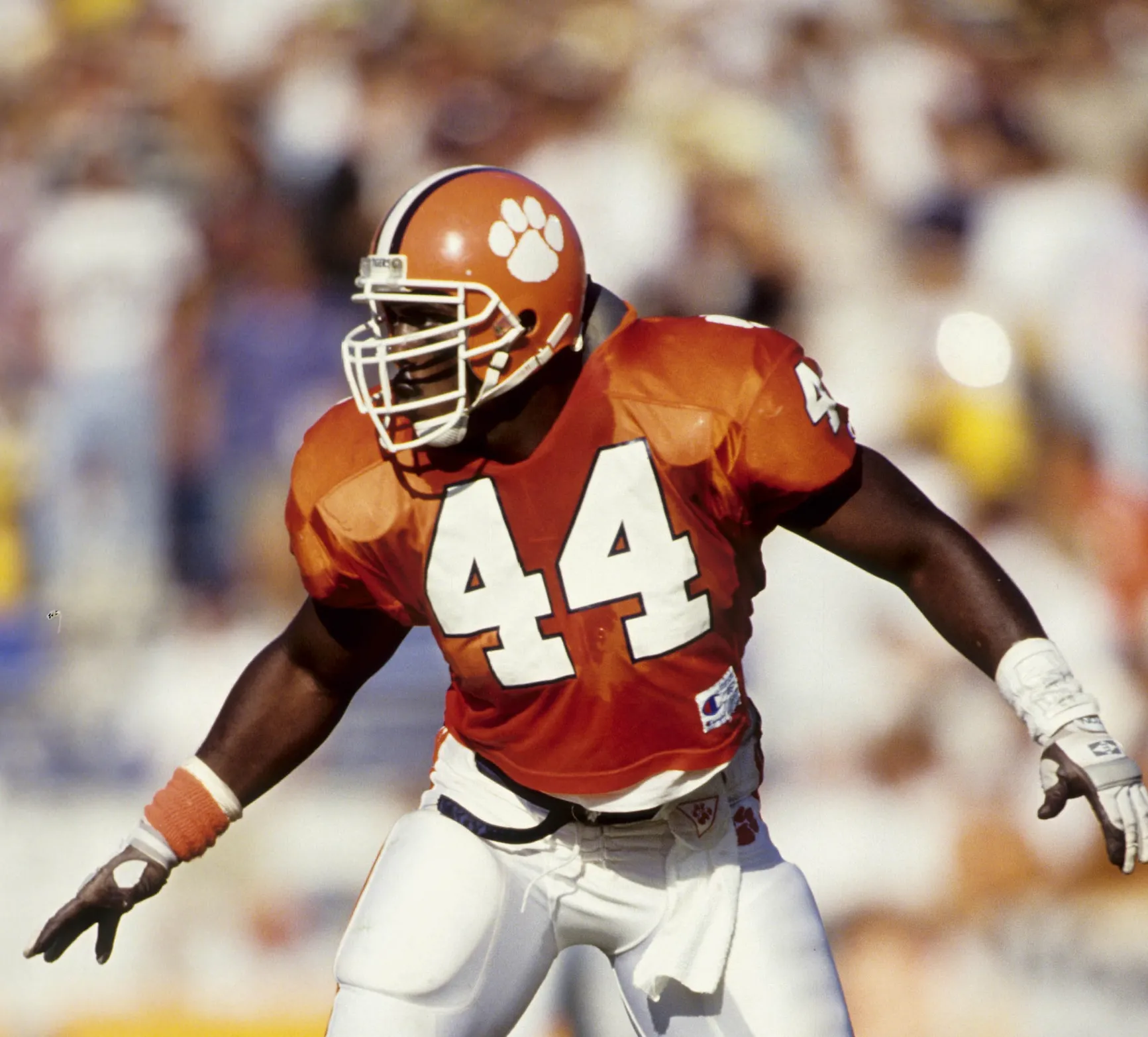Clemson’s Donnell Woolford: A Legacy of Excellence on the College Football Hall of Fame Ballot
Donnell Woolford’s name on the College Football Hall of Fame ballot is a testament to his exceptional career and enduring legacy in the world of college football. From his early days at Clemson University to his impactful tenure in the NFL, Woolford’s journey is a narrative of dedication, skill, and influence that resonates with fans and players alike.
Born on January 6, 1966, in Baltimore, Maryland, Woolford’s athletic prowess was evident from a young age. He attended Douglas Byrd High School in Fayetteville, North Carolina, where he excelled in football, basketball, and track. His versatility and athleticism laid the foundation for what would become a distinguished football career.
In 1985, Woolford joined Clemson University, initially recruited as a running back. However, recognizing the depth of talent in that position, he transitioned to cornerback—a move that would define his collegiate and professional career. Despite the challenges of switching positions, Woolford’s determination and work ethic propelled him to success. Over four seasons (1985–1988), he played 47 games for the Tigers, starting 35. His defensive statistics were impressive: 187 tackles, 10 interceptions, and 44 passes broken up, totaling 54 passes defensed. These achievements not only showcased his defensive capabilities but also set Clemson records for passes broken up and passes defensed .
Beyond his defensive skills, Woolford was a dynamic special teams player. In 1987, he led the ACC and ranked third nationally with two punt return touchdowns and an average of 15.5 yards per return. His contributions were instrumental in Clemson’s success during his tenure, helping the team secure three consecutive ACC Championships from 1986 to 1988 .
Woolford’s collegiate excellence earned him numerous accolades. He was a two-time First-Team All-ACC selection and garnered All-American honors in both 1987 and 1988. In 1988, he achieved consensus First-Team All-American status, solidifying his reputation as one of the nation’s premier defensive backs. His stellar performance also led to a finalist spot for the prestigious Jim Thorpe Award, given annually to the nation’s best defensive back .
Following his successful college career, Woolford was selected by the Chicago Bears in the first round of the 1989 NFL Draft, with the 11th overall pick. His transition to the NFL was seamless; he played 10 seasons, primarily with the Bears, from 1989 to 1997. Woolford’s impact was immediate, and he quickly became a cornerstone of the Bears’ defense. He earned Pro Bowl honors in 1993 and was named an All-Pro in 1994. Over his career, he accumulated 36 interceptions, 303 interception yards, and one touchdown. At the time of his retirement, his 36 interceptions were the most by a cornerback in Bears history—a record that stood until Charles Tillman surpassed it in 2013. Notably, Woolford achieved this milestone in 18 fewer games than Tillman .
After his tenure with the Bears, Woolford played one season each with the Pittsburgh Steelers and the Carolina Panthers before retiring in 1999 due to a knee injury. His post-playing career has been equally impactful. He returned to Clemson to complete his degree and has been actively involved in community service. Woolford is the president of the Donnell Woolford Foundation, which supports the Boys & Girls Clubs of America. He has also served as a coach at the high school level and has been involved in various philanthropic endeavors, including donating land for the construction of World Faith Ministries in Hope Mills, North Carolina .
In recognition of his contributions to the sport and community, Woolford has received several honors. He was inducted into the Clemson Athletic Hall of Fame in 2005 and was named to the North Carolina Sports Hall of Fame in 2020 . His legacy is further cemented by his selection as Clemson’s legend representative at the 2014 ACC Championship Game .
Woolford’s inclusion on the College Football Hall of Fame ballot is a reflection of his outstanding achievements and the lasting impact he has had on college football. His story is one of resilience, excellence, and dedication—a narrative that continues to inspire future generations of athletes. As the selection process unfolds, Woolford’s legacy stands as a testament to the enduring spirit of college football.



